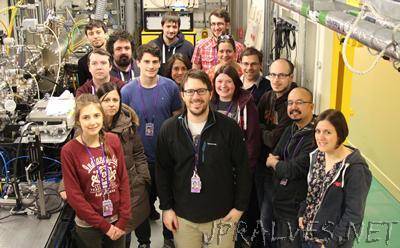
“A University of Southampton scientist has helped unlock the secret of a gold-based catalyst used to produce a key component of polyvinyl chloride (PVC) – the world’s third most widely used plastic. Dr Peter Wells, lecturer in Inorganic Chemistry, was part of an international group of scientists who examined the production process behind the vinyl chloride monomer (VCM) used to make PVC. PVC has become an indispensable part of modern life. Its applications include construction pipes, credit cards, window and door frames, plumbing equipment, and electrical cable insulation. China is the world’s biggest producer of VCM, making 30 million tons a year, and recently replaced the conventional production process, which used a potentially toxic mercury-containing catalyst, with a more environmentally friendly gold-based catalyst. China is the first country to produce VCM on an industrial scale using this catalyst – but until now it was not fully understood how it worked. The researchers found that the active catalyst was made up of individual atoms of gold spread out on a carbon surface. The gold also needed to be present in an ionized form – meaning that some of its electrons are missing – in order to convert acetylene, a gas derived from coal, to the VCM molecules that can then be linked to form PVC.”
